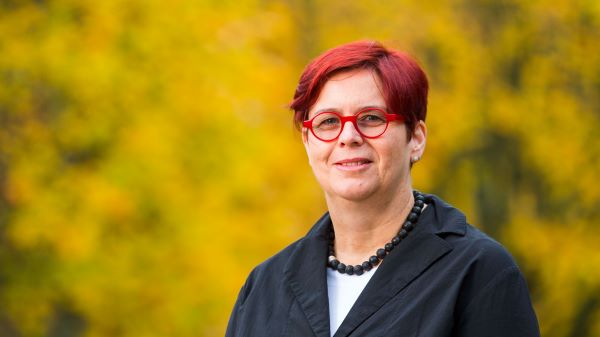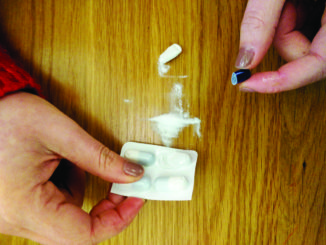
[dropcap]M[/dropcap]inister for Further and Higher Education Simon Harris has approved funding for 15 new female professor positions, to help reduce the gender gap that exists for senior academic roles.
The positions will contribute towards a total of 45 female senior posts that will be created over the next three years.
The action was deemed necessary by the Higher Education Authority (HEA), who launched the Gender Equality Taskforce Action Plan back in 2018, with the vision that: “by 2026 Ireland will be a world-leading country for gender equality in Higher Education.”
This would be achieved by establishing a “Centre of Excellence for Gender Equality” within the HEA, providing funding incentives, as well as reinforcing emphasis on attaining Athena SWAN certification.
The Athena SWAN is an award which grew from collaboration between the Athena Project and the Scientific Women’s Academic Network (SWAN), in a bid to boost representation of women in the fields of science, technology, engineering, medicine and mathematics (STEMM).
DCU has attained the Athena Swan bronze award twice, once in 2017 and again in September of this year.
DCU President Daire Keogh described the award as a “welcome opportunity to affirm our resolute commitment to the promotion of gender equality at DCU, not merely as a matter of justice, but in the very best interest of the university.”
For DCU’s Equality Office, issues of discrimination and gender balance are always a top priority.
“It’s easy to say that we’re fine perhaps because other universities are worse off in terms of gender inequality,” said Dr Kim Connick, the outgoing Athena SWAN Coordinator at DCU’s Equality Office.
“But awards like Athena SWAN are important because it sets a standard, which then incentivises getting better. Obviously, a lot has changed over the last few years but there’s always room for improvement” said Connick.
Among the many measures taken to ensure inclusivity among university staff are things like creating breastfeeding rooms on campus and adapting meeting hours to suit the needs of those staff with parental obligations.
The HEA’s report showed that only 24% of women occupied the role of professor, with many remaining at entry-level positions for most of their careers.
For DCU, this figure has almost doubled over the last five years. The university has also reached the minimum of 40% of each gender on all senior committees.
In over 400 years of higher education in Ireland, there had never been a female university president up until July of this year, when Professor Kerstin Mey was appointed president of UL.
Kasey Leigh McCrudden
Image Credit: University of Limerick



